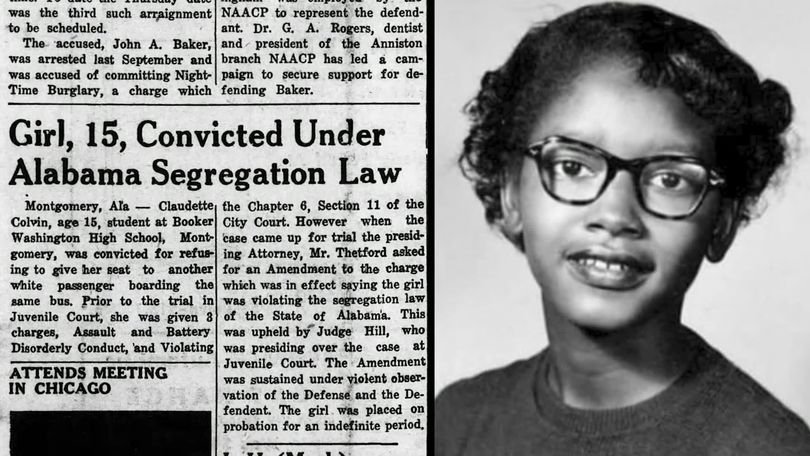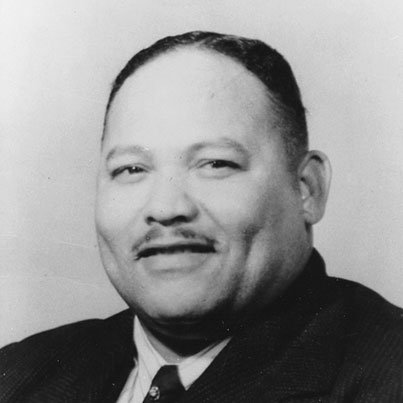
Murder of Reverend George W. Lee
Reading by Zinn Education Project
Rev. George Washington Lee, one of the first African Americans registered to vote in Humphreys County, Mississippi since Reconstruction, used his pulpit and his printing press to urge others to vote. He was murdered on May 7, 1955.
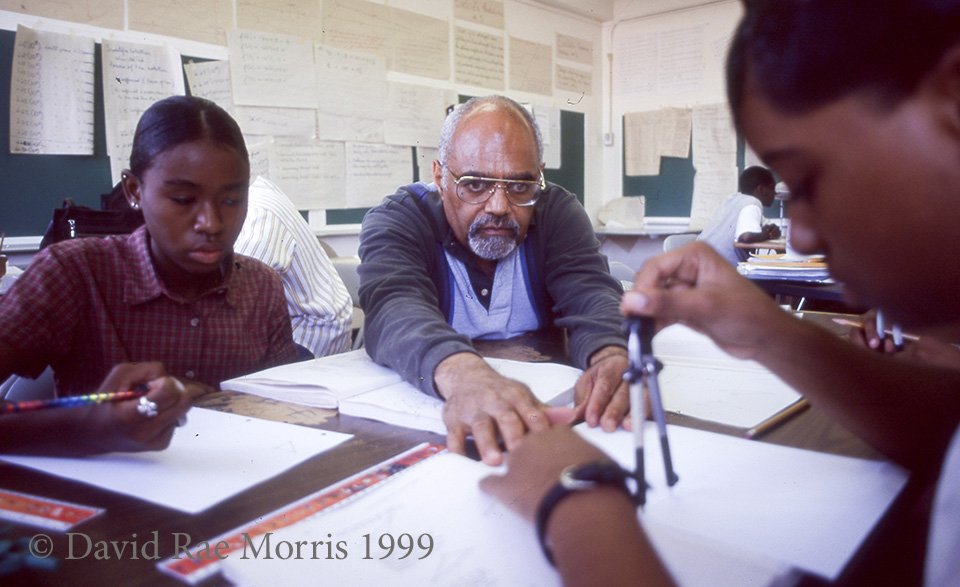
Radical Equations: The Algebra Project Drawing on the Past: The Roots of Our Movement
Reading by Charles E. Cobb and Bob Moses
The Algebra Project draws on the organizing tradition of the Civil Rights Movement to help young people find their voice and achieve math literacy.
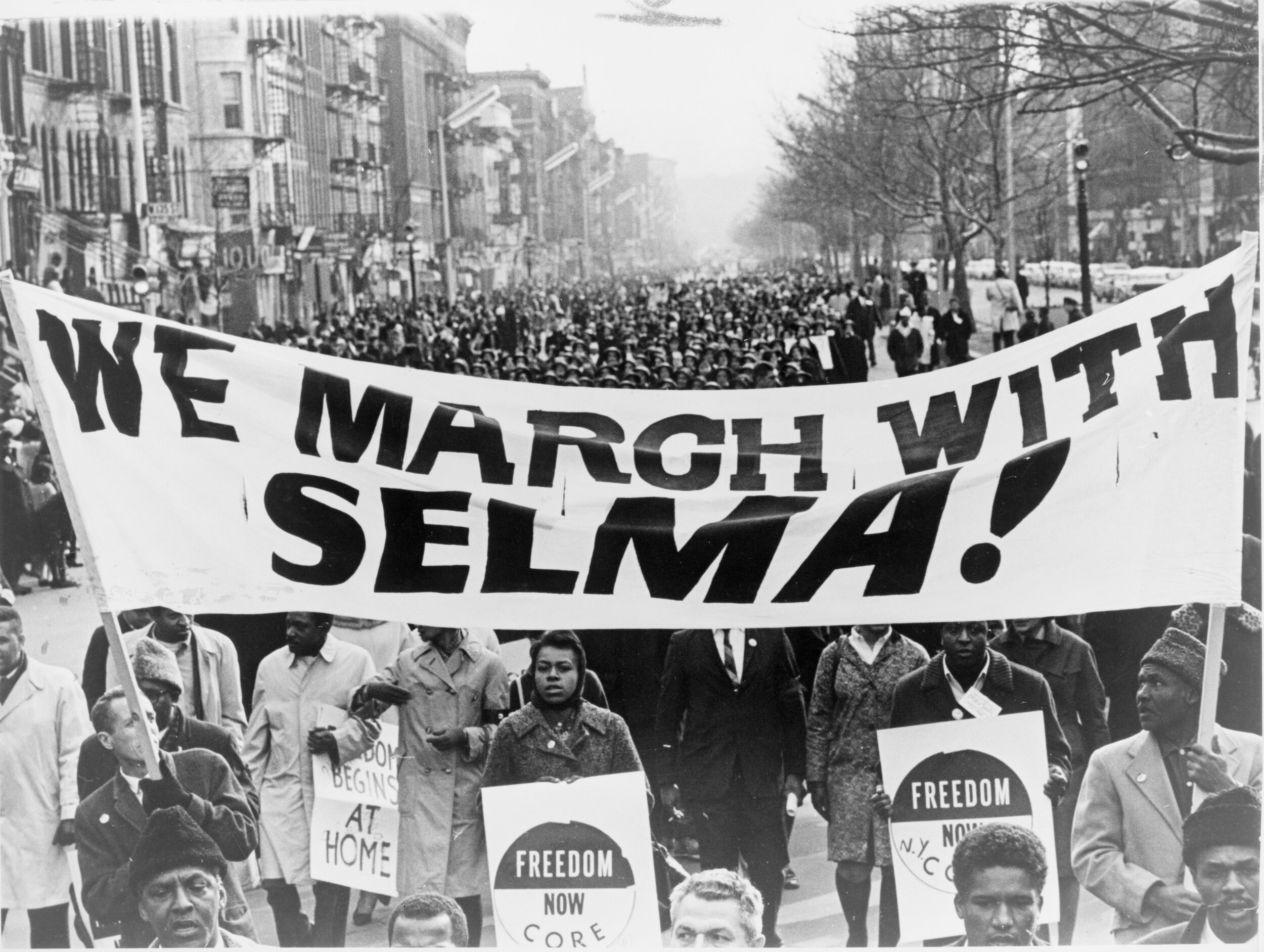
Ten Things You Should Know About Selma Before You See the Film
Reading by Emilye Crosby
Key points in the history of the Selma voting rights struggle to keep in mind as you view the popular film about the Selma-to-Montgomery March.
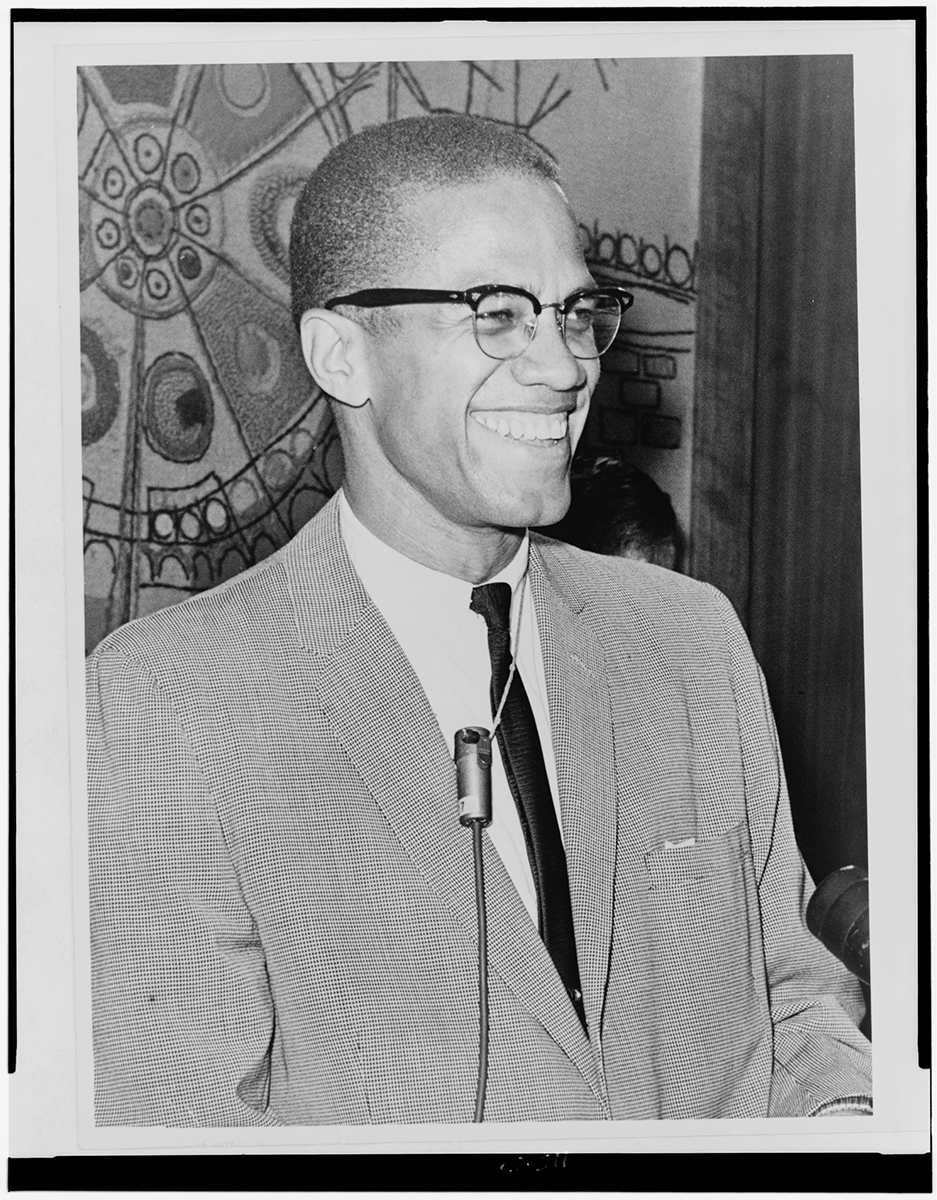
Black Nationalism and Black Pride: The Ballot or the Bullet
Primary Document by Malcolm X
An excerpt from a speech given in Cleveland in April 1964. At this period of his life after Malcolm X (el-Hajj Malik el-Shabazz) had broken with Nation of Islam leader Elijah Muhammad, made a pilgrimmage to Mecca, and begun to develop his own movement, the Organization of Afro-American Unity. He was assassinated on February 21, 1965.
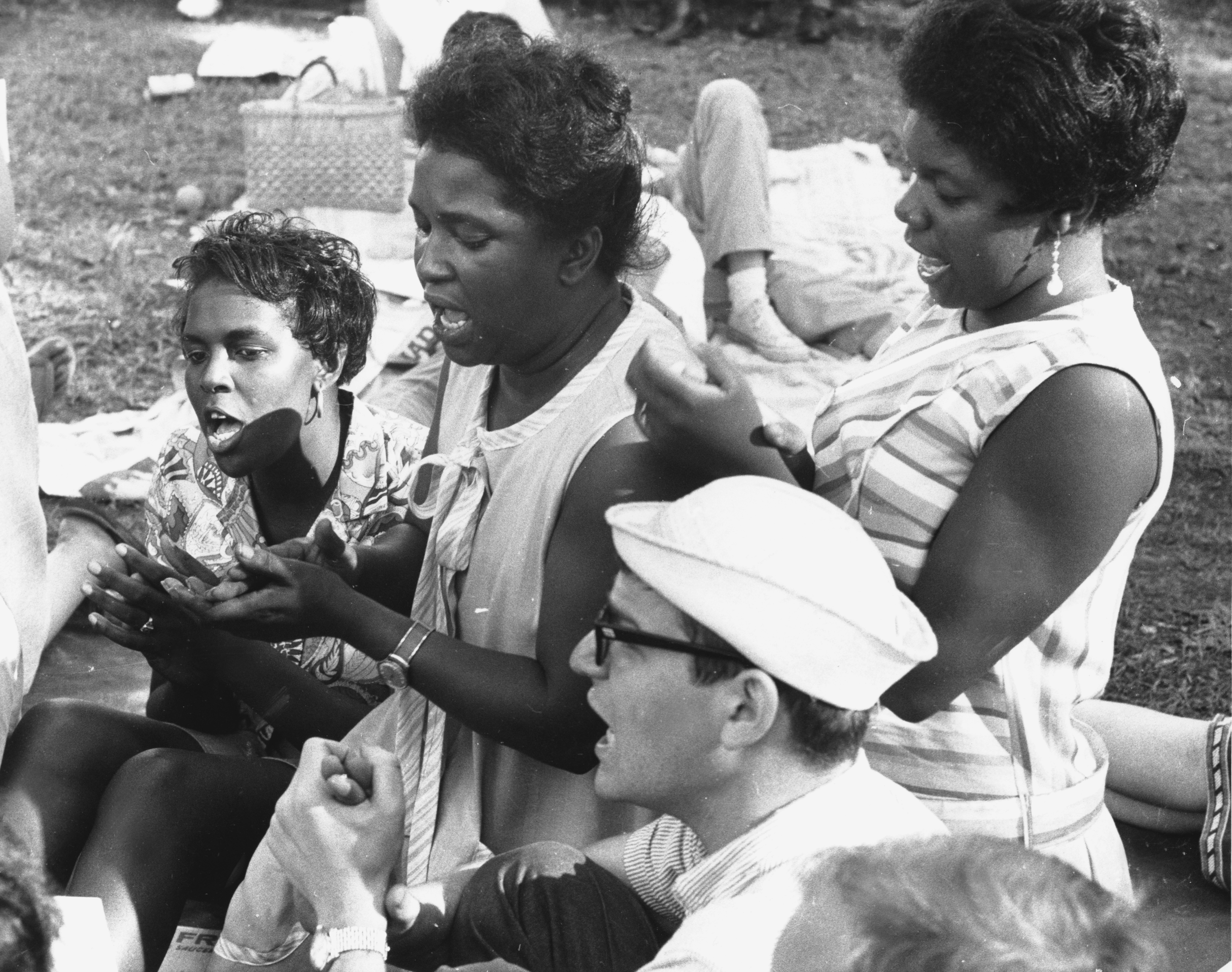
Key Narratives for Teaching About the Civil Rights Movement
Reading by Deborah Menkart and Judy Richardson
A list of key narratives central to an accurate study of the history of the Civil Rights Movement. The list can be used as a guide to critique textbooks, mainstream media, and curricula.

Transportation Protests: 1841 to 1992
Reading by Julian Hipkins III and David Busch
The struggle for the desegregation of transportation has a long history in the United States. This timeline outlines some key individuals and organizations who took a stand against segregated transit.
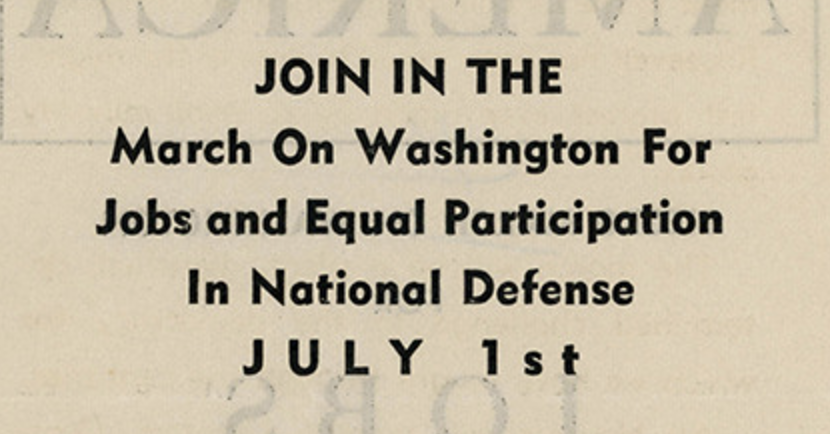
Call to Negro America to March on Washington for Jobs and Equal Participation in National Defense, 1941
Primary Document by A. Philip Randolph
In 1941, A. Philip Randolph, the president of the Brotherhood of Sleeping Car Porters, issued a call to African Americans to fight the unjust conditions in the workforce with a March on Washington for Jobs and Freedom. The threatened mass protest forced President Franklin Roosevelt to sign Executive Order 8802 in June 1941, banning discrimination in the federal government and the defense industry. On June 28, A. Philip Randolph postponed the march.
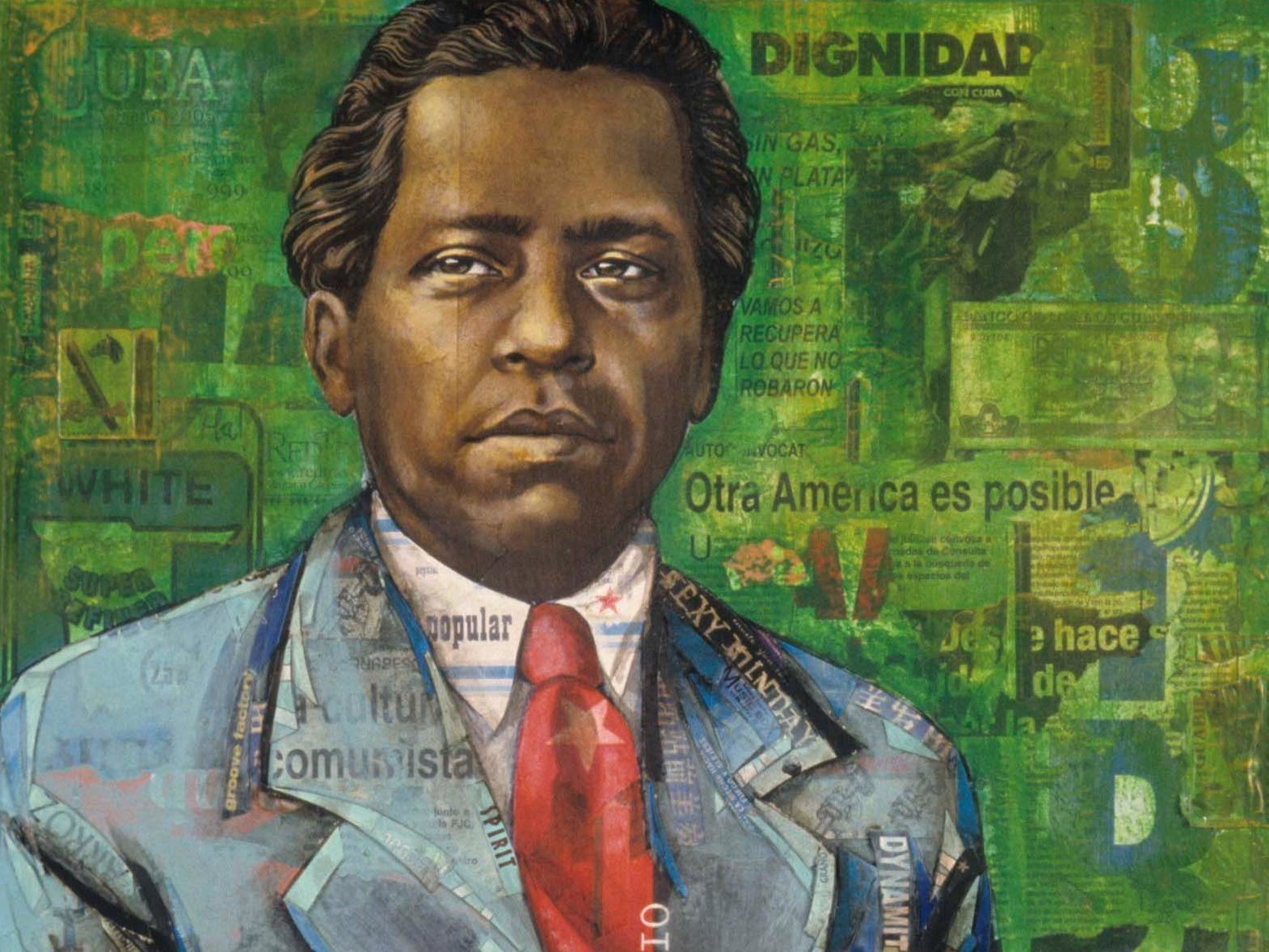
Nicolás Guillén: The Struggle against Two Racisms
Reading by Carmen Gómez García
In this essay, excerpted from a chapter on the history of Cuban social poetry, Gómez García introduces the reader to Guillén’s poetry about racism in the United States. This is an ideal text for classes on poetry, Spanish, 20th-century U.S. history, and Latin American history.
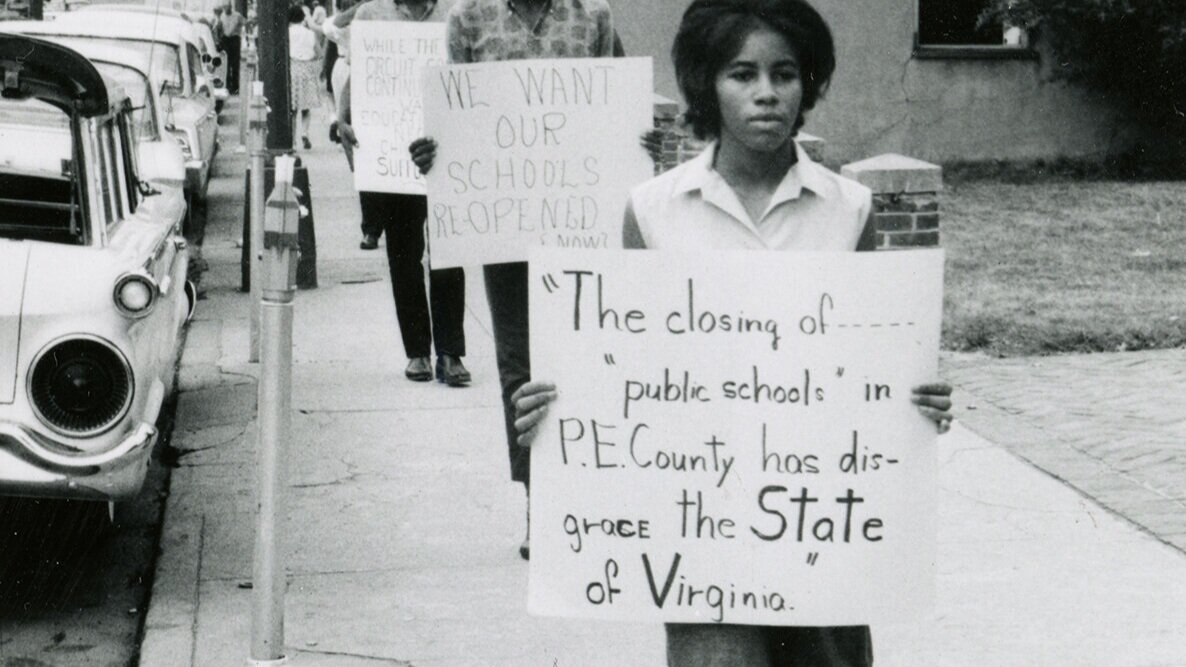
The View from the Trenches
Reading by Charles Payne
A critique of the master narrative of the Civil Rights Movement.
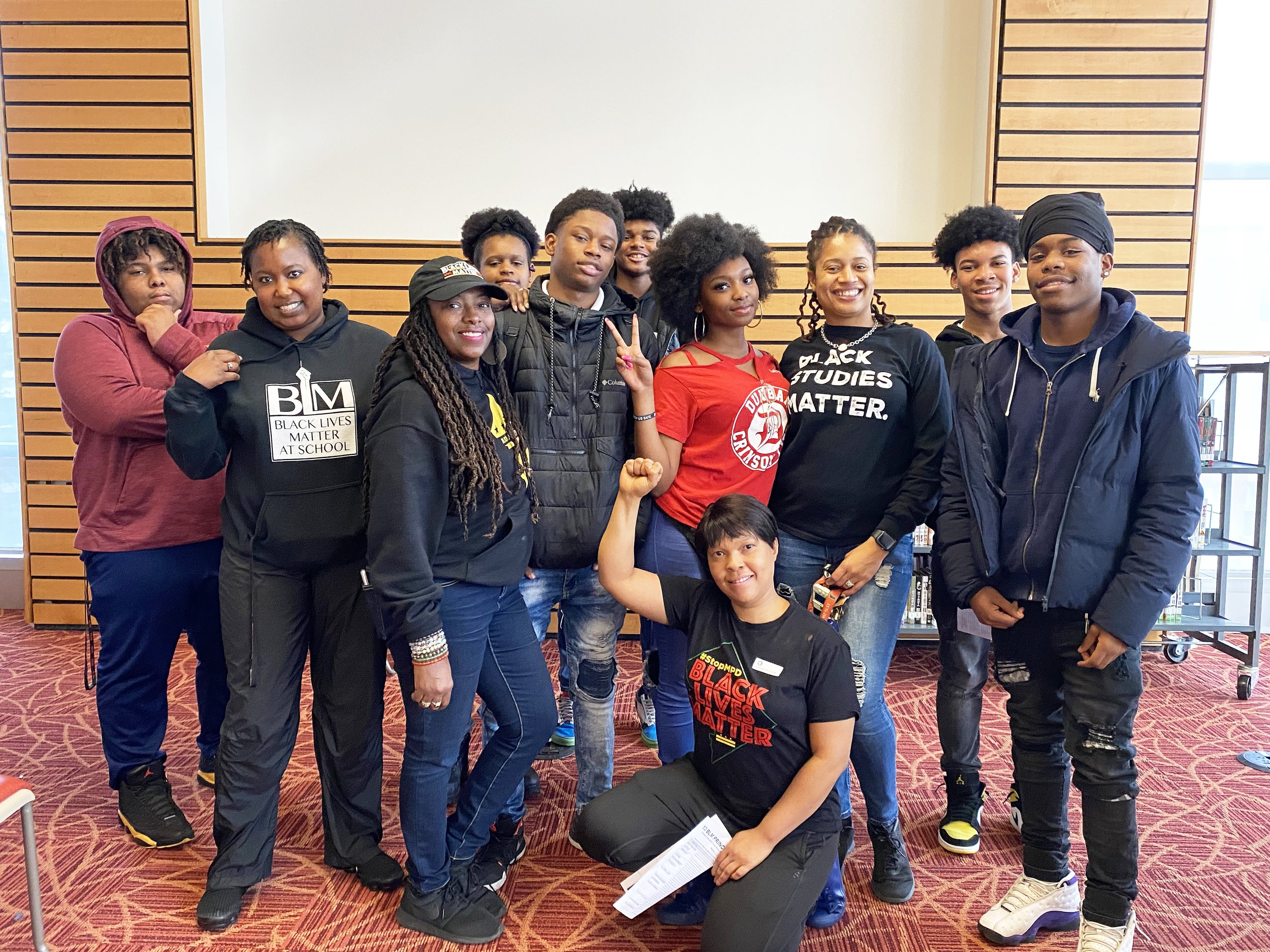
Seven Things We Learned from the D.C. Area Black Lives Matter at School Week of Action
Reading by Allison Fletcher Acosta, Faye Colon, and Deborah Menkart
Over the last several years, we have seen the power of the Black Lives Matter Movement to raise awareness and discourse nationally about race and racism in the United States. Now we’ve seen the power these conversations can have in the classroom.
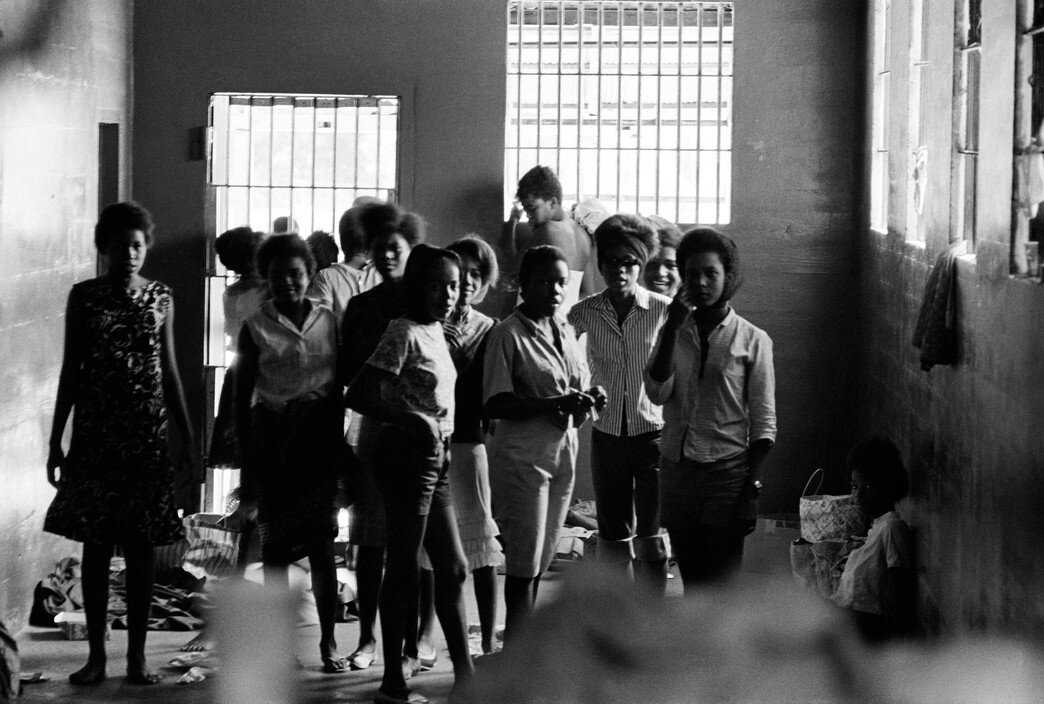
A Lasting Impression: Student Travel Study
Teaching Reflection by Colleen Bell and Susan Oppenheim
In 1963, 33 young African American girls were arrested during a civil rights protest in Americus, Georgia. The “Stolen Girls” were transported to and held in an abandoned Civil War-era prison for almost two months. This teaching reflection dramatizes what a group of middle schoolers and their teachers experienced when they traveled South to meet Carol Barner Seay and Sandra Mansfield, two of the Stolen Girls.
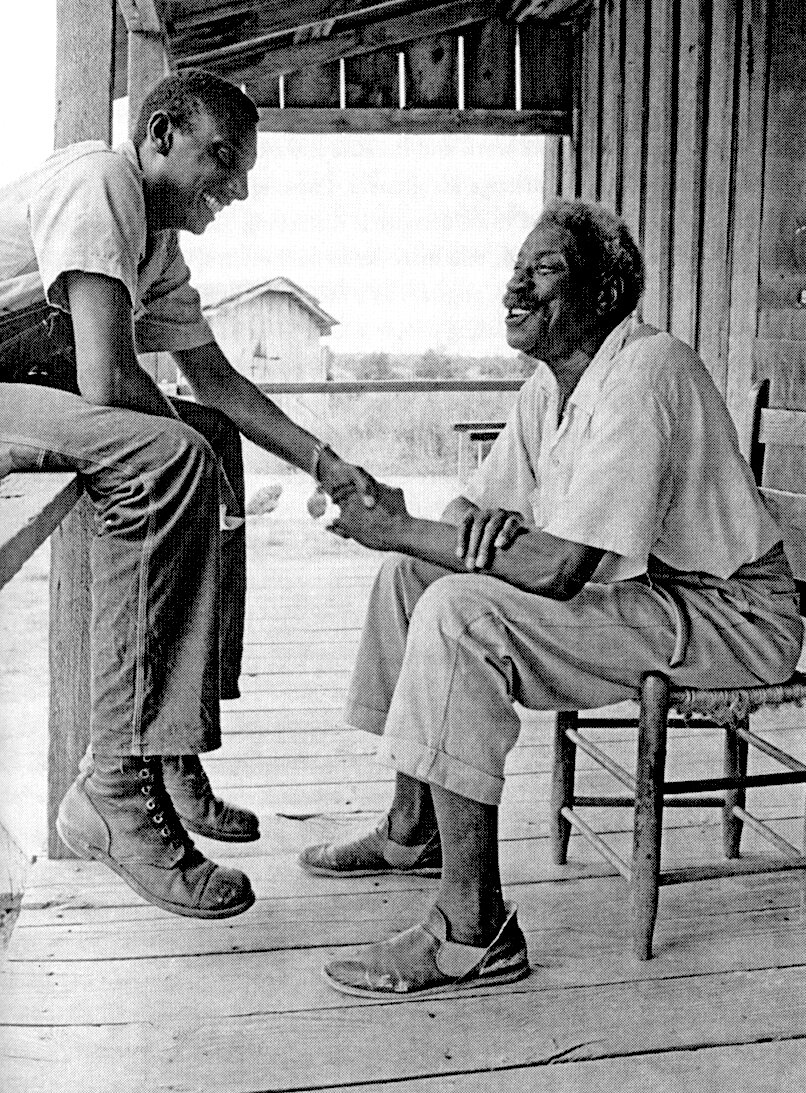
Brief Outline of the History of SNCC
Reading by Jenice L. View
SNCC is credited with many of the most innovative and effective fronts of the Civil Rights Movement. Here is a brief outline of SNCC's history.
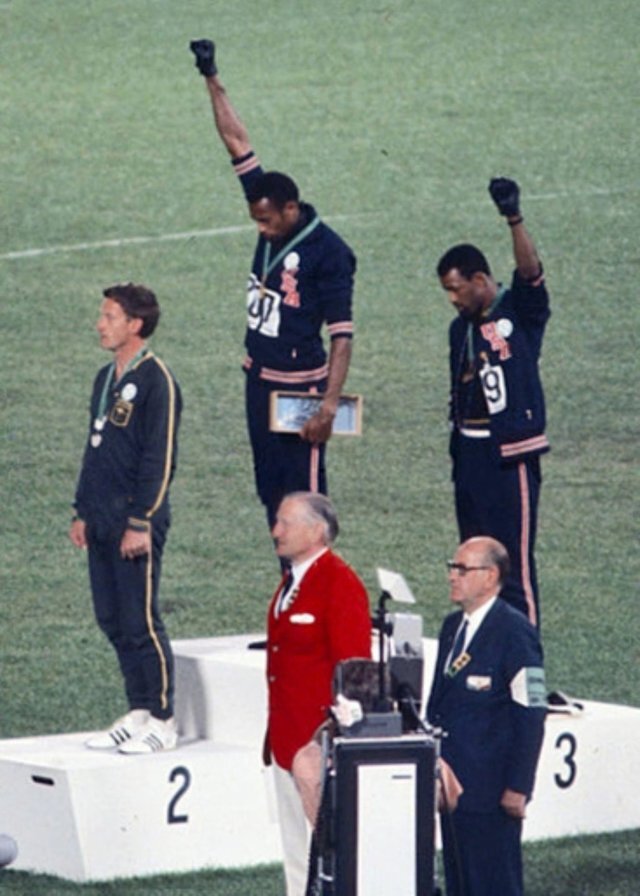
Fists of Freedom: An Olympic Story Not Taught in School
Reading by Dave Zirin
The real story behind the most political, controversial, inspiring moment in Olympics, if not sports, history: the black gloved salute of runners Tommie Smith and John Carlos.
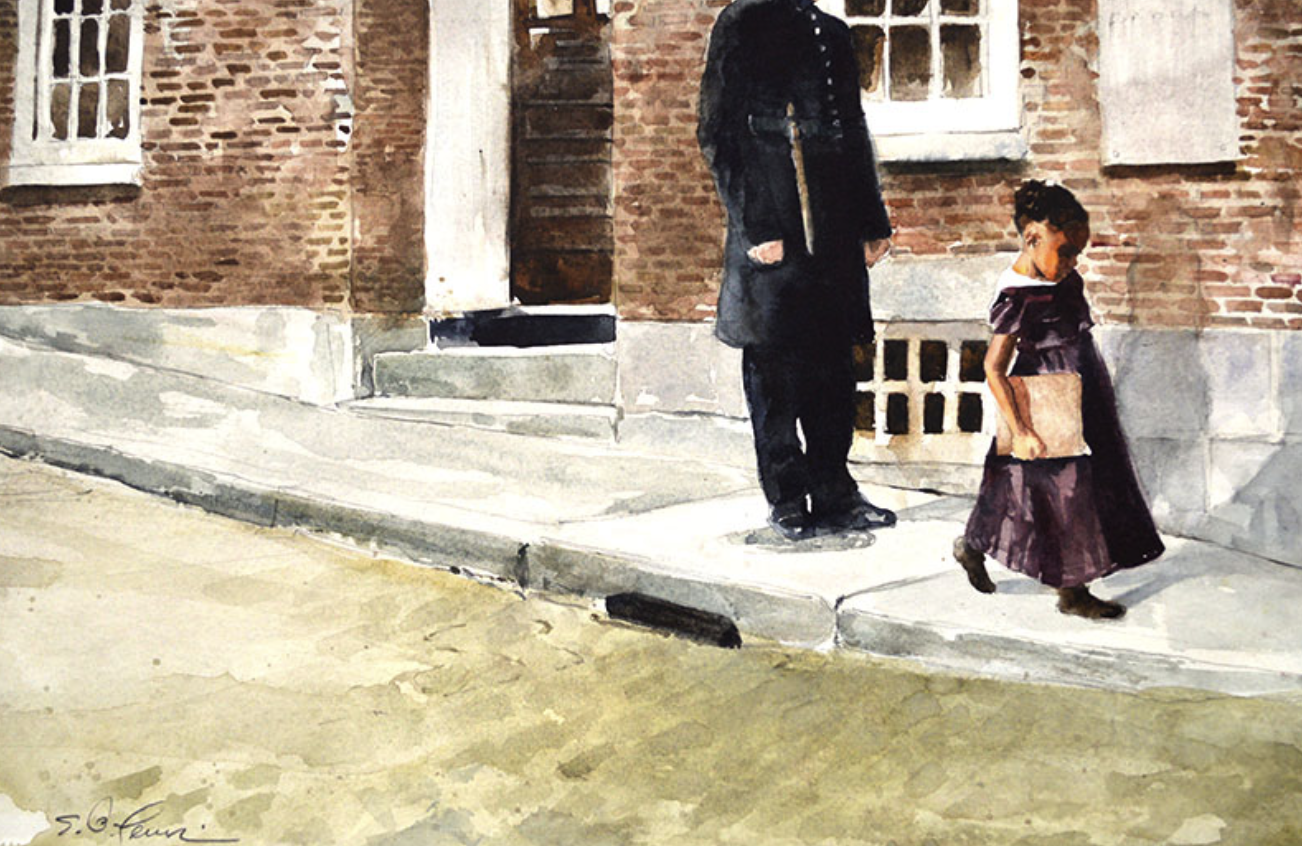
Key Issues in Race and Education Timeline
Reading by Akashi Kaul, Andrea Guiden Pittman, and Jenice L. View
A timeline highlighting key moments in the history of race and education.

W. E. B. Du Bois to Coretta Scott King: The Untold History of the Movement to Ban the Bomb
Reading by Vincent Intondi
The Civil Rights Movement is often portrayed as purely domestic phenomena unrelated to foreign affairs, but many African Americans combined civil rights with peace, and thus broadening the Black freedom movement and helping define it in terms of global human rights.
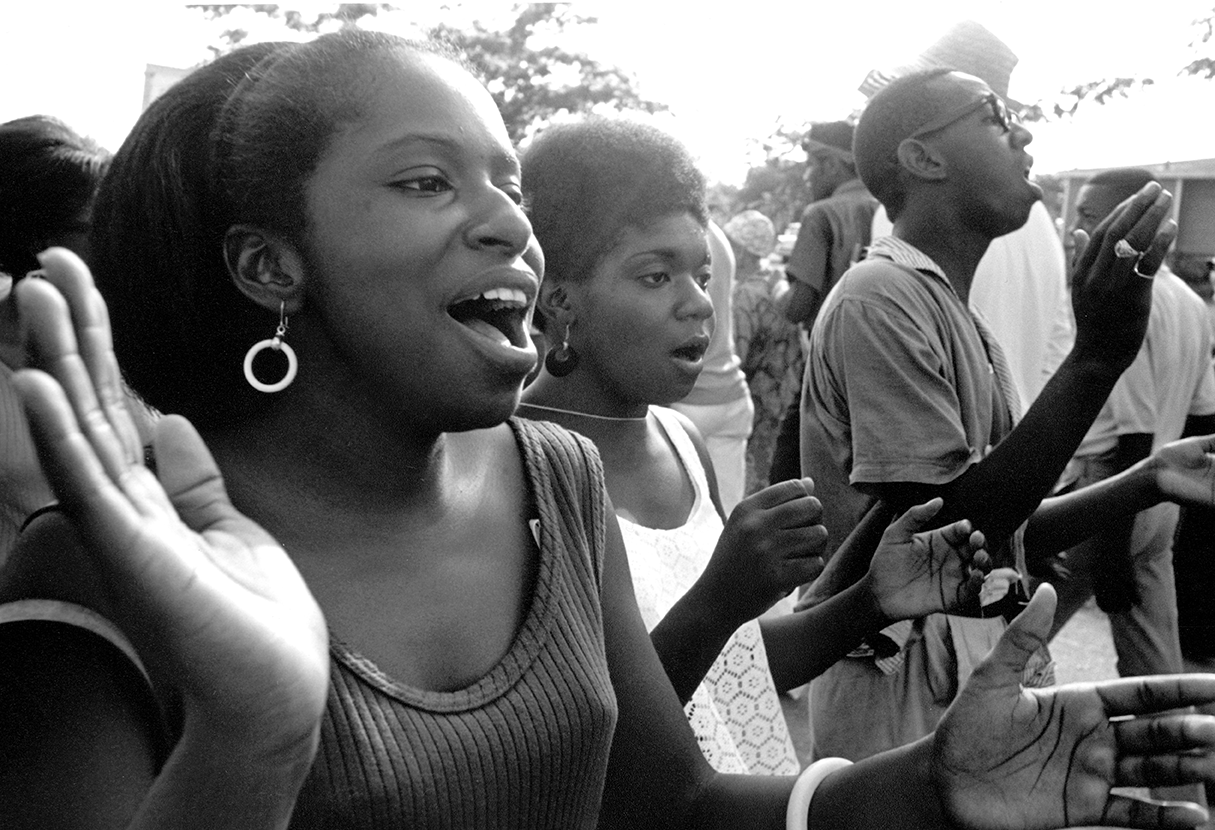
The Role of Freedom Songs
Reading by SNCC Digital Gateway
One cannot understand the history of the Civil Rights Movement absent the role of freedom songs. Here is a description of their importance from the SNCC Digital Gateway, followed by the song “If You Miss Me from the Back of the Bus.”
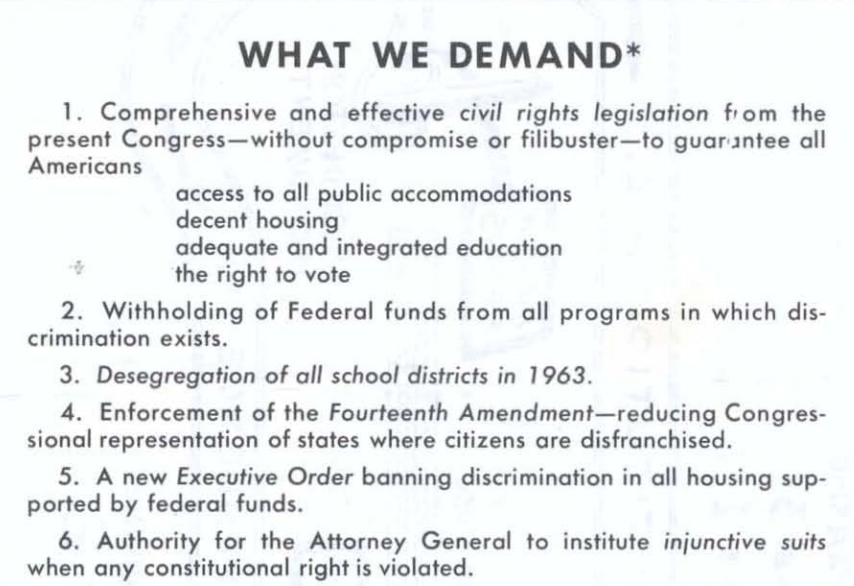
1963 March on Washington for Jobs and Freedom Statement and Demands
By heads of ten organizations calling for the March of August 28, 1963
The 1963 March on Washington had a list of ten demands. Half of the demands were not about integration or education – they were about labor and economic rights.
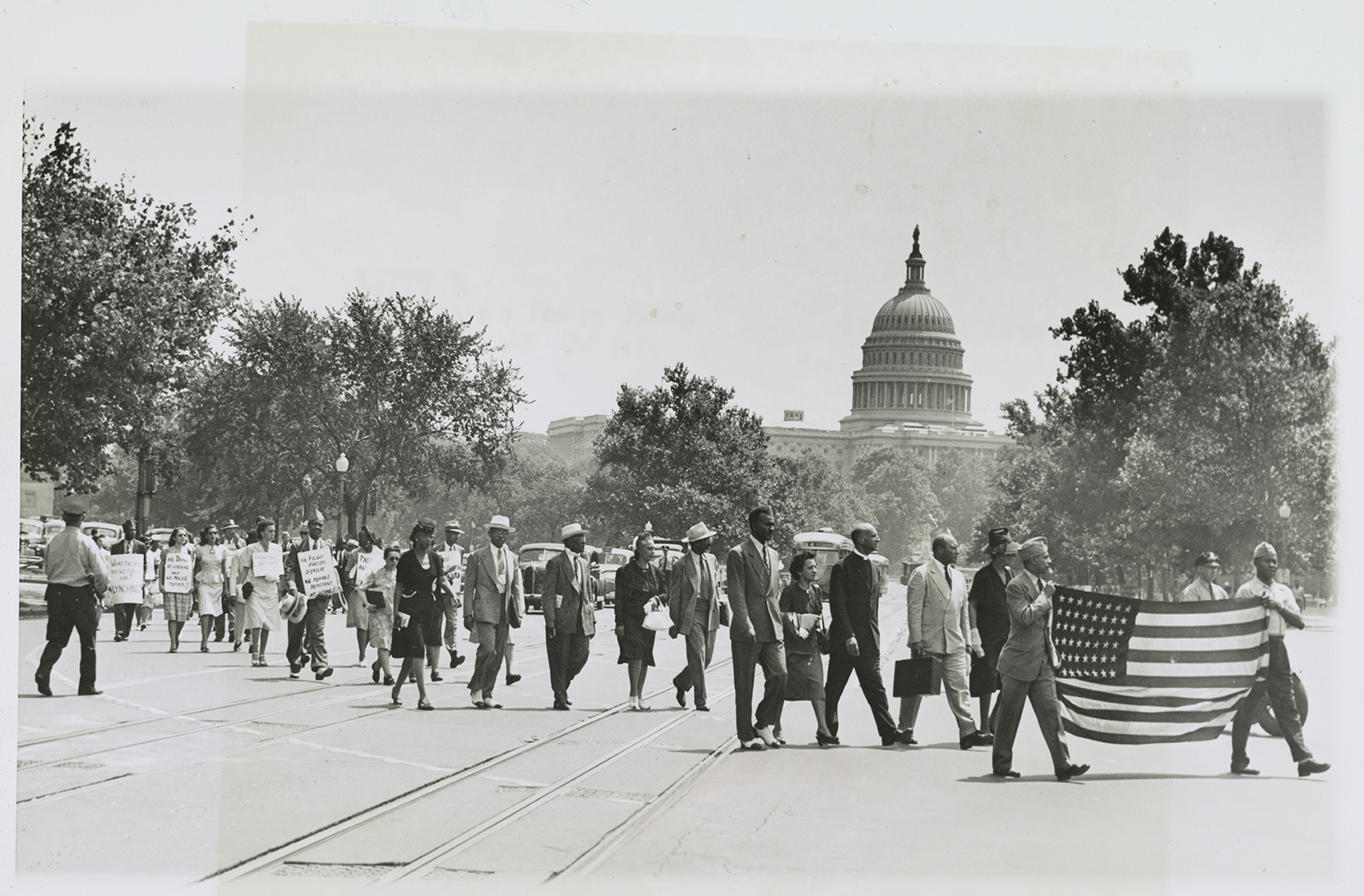
Uprooting Racism and Racists in the United States
Reading by James Boggs and Grace Lee Boggs
A short history of racism in the United States.
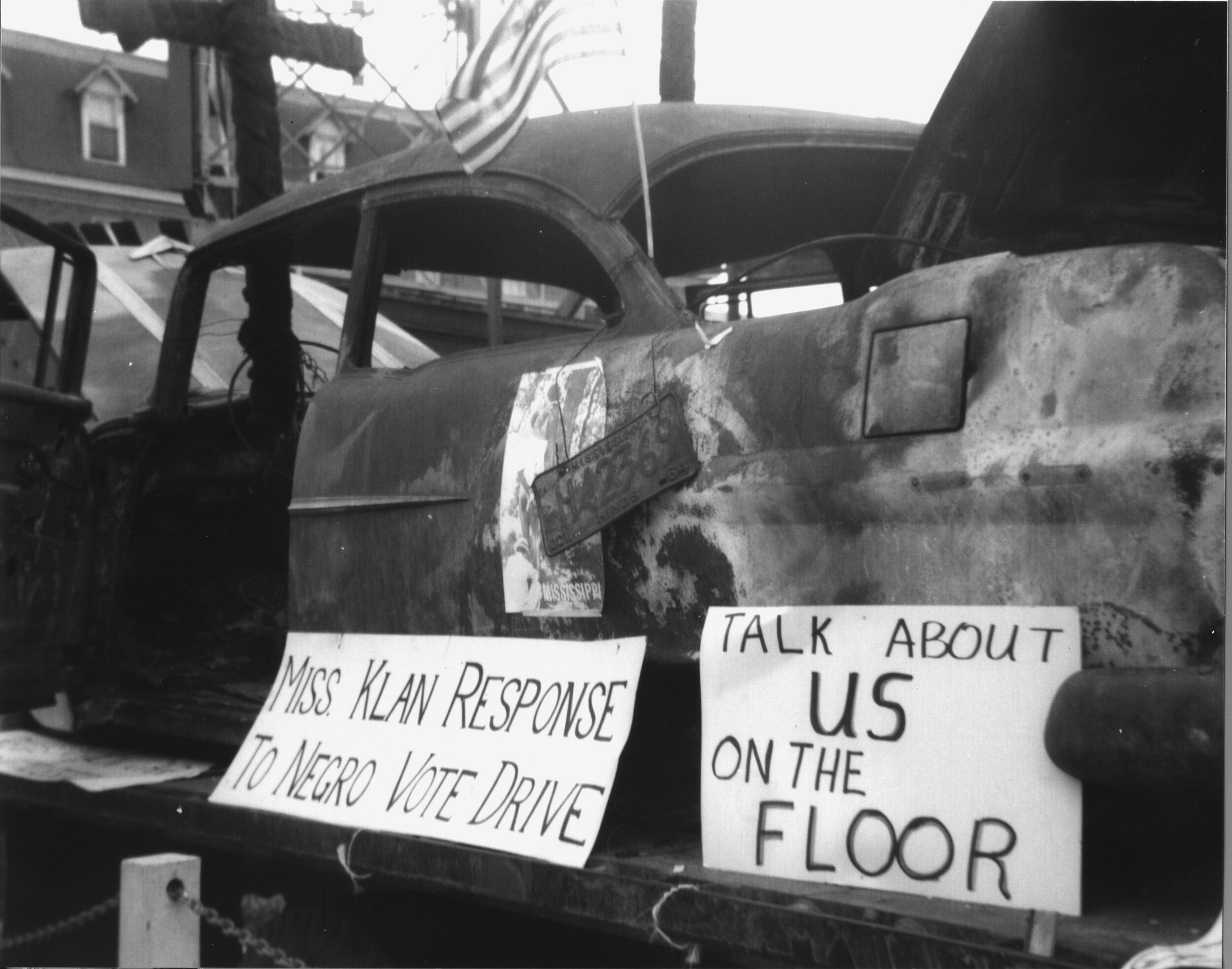
“Is This America?” 50 Years Ago Sharecroppers Challenged Mississippi Apartheid, LBJ, and the Nation
Reading by Julian Hipkins III and Deborah Menkart
The Mississippi Freedom Democratic Party arrived at the 1965 Democratic Party Convention in Atlantic City on a bus with more than 60 sharecroppers, farmers, housewives, teachers, maids, deacons, ministers, factory workers, and small-business owners. Students can learn from the Mississippi Freedom Democratic Party about how to take on the Goliaths in politics.
